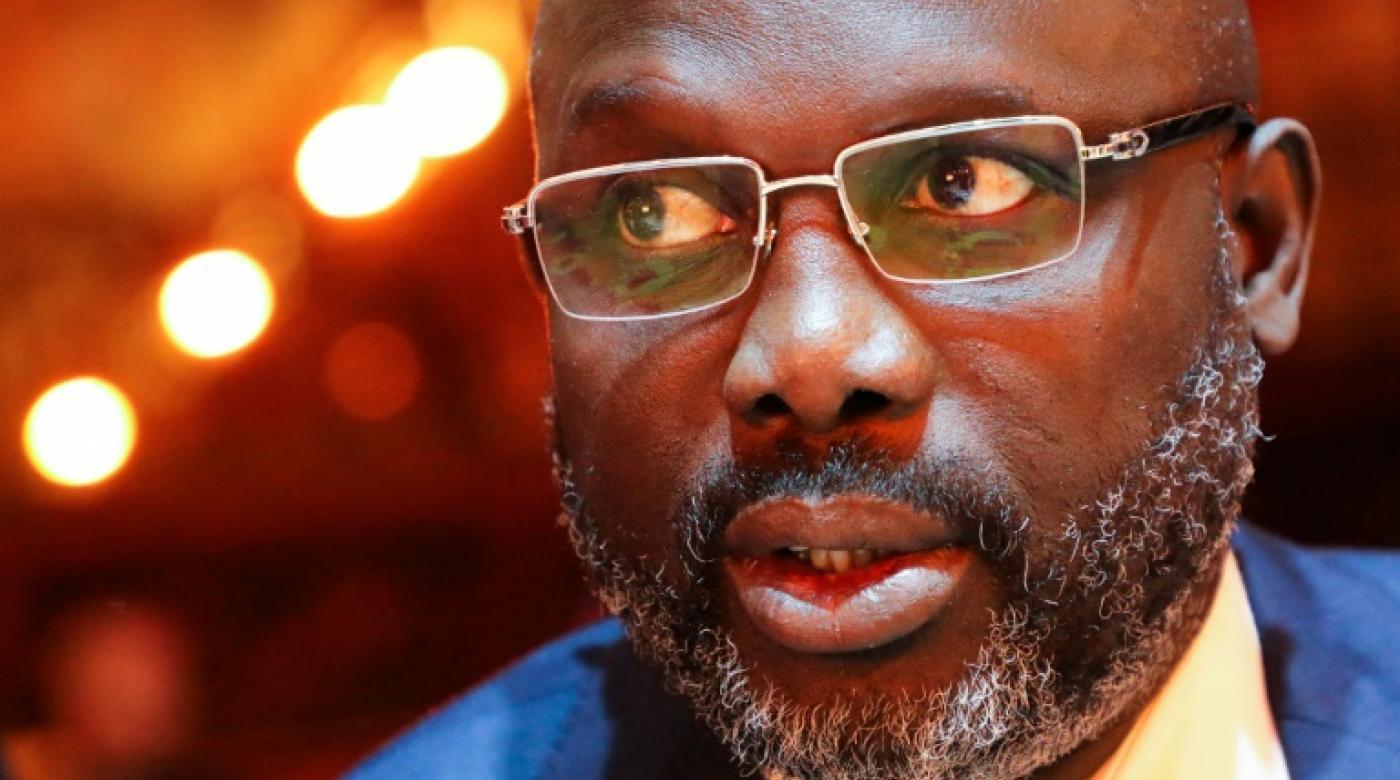Africa-Press – Liberia. Amid Liberia’s position of strongly condemning the military takeovers (coup d’états) in Mali, Burkina Faso and Guinea, the oldest African nation has also firmly urged the Economic Community of West African States (ECOWAS) to use ‘dialogue’ to return conflicted countries to democratic rule, instead of imposing sanctions.
President George M. Weah on Tuesday, at the in-person 1st Extraordinary Session of the 5th Parliament of ECOWAS in Monrovia, reacted by appealing to ECOWAS to remain continuously and diplomatically engaged with transitional councils and military authorities of countries that are in conflict, because dialogue (negotiation) is the best way forward.
The Liberian President said sanctions are against the very culture of integration of the political and economic union that ECOWAS has been endeavoring to uphold since May 28, 1975.
“It is also important that l emphasize the very concern over the isolations of member states as a result of sanctions. I hold the view that, as much as these measures are intended to put pressure on the various military juntas to relinquish power and hasten the return to civilian rule and constitutional governance, sanctions go against the culture of integration that we are endeavoring to uphold,” President Weah added: “We must therefore remain continuously engaged with the transitional councils and military authorities in all suspended states for I believe that dialogue is the better way.”
President Weah called on the ECOWAS Parliament to use its experience to negotiate the return of democracy in all suspended states, “I am aware that the ECOWAS Parliament successfully mediated the conflict in Sierra Leone in 2018. This could also be replicated in negotiating the return of democracy in all suspended states.”
Political pundits who support President Weah’s idea suggest that the putting of divergent cultures into strategic use or as a driving force for social reforms to enhance regional integration and sustainable development among countries of the sub-region resulted in the instrumentality of the Economic Community of West African States (ECOWAS).
President Weah has also called on the ECOWAS Parliament to allow members of the Parliament to be elected by the people of each Member State rather than for them to be selected from their various Parliaments across the member states.
Meanwhile, it may be recalled, the ECOWAS Authority of Heads of State and Government has ramped up sanctions on Mali in defiance to ECOWAS’ mandate and activated its standby military force, following the failure of transitional authorities in the country to organize elections.
In response, the transitional government of Mali has condemned the sanctions and imposed its own counter-measures. Meanwhile, the refusal of Guinea’s ruling junta to apply the sanctions is likely to lead to firmer action against the second country also currently under suspension from ECOWAS.
Stricter sanctions imposed
In a joint statement issued on 9 January, ECOWAS heads of state and government said that the country’s transitional authorities had failed to comply with an agreement reached with ECOWAS in September, which maps a return to civilian rule in line with the country’s own Transition Charter. A coup in May last year was Mali’s second in the last two years.
“[ECOWAS] deeply deplores the obvious and blatant lack of political will from the Transition authorities that led to the absence of any tangible progress in the preparations for the elections, despite the willingness of ECOWAS and all regional and international partners to support Mali in this process,” said ECOWAS Authority of Heads of State and Government.
In response, the West African grouping decided to maintain existing sanctions and impose new ones with immediate effect in the strictest action yet against the Sahel country.
These include: Immediate recall of ECOWAS ambassadors from Mali; Closure of land and air borders between ECOWAS countries and Mali; Suspension of all commercial and financial transactions with Mali except for food, pharmaceutical and medical products, petroleum products and electricity; The freezing of Mali’s assets in ECOWAS central banks and commercial banks; and suspension of Mali from all financial assistance and transactions with all financial institutions, particularly the ECOWAS Bank for Investment and Development (EBID) and Banque Ouest-Africaine de Développement (BOAD).
The statement instructs all ECOWAS institutions to implement the sanctions with immediate effect and calls upon the UN, the AU and other partners to support them.
Two days later, the US Department of State endorsed the sanctions, stating: “We share ECOWAS’s deep disappointment with the transition government of Mali’s lack of action or progress toward organizing elections, as it committed to do following the August 2020 coup d’état. We support ECOWAS’s decision to impose additional economic and financial sanctions to urge the transition government to keep its pledge to the Malian people to return their country to democracy.”
In Guinea and Burkina Faso, ECOWAS is also demanding that the two countries return to democratic rule through elections.
For More News And Analysis About Liberia Follow Africa-Press






